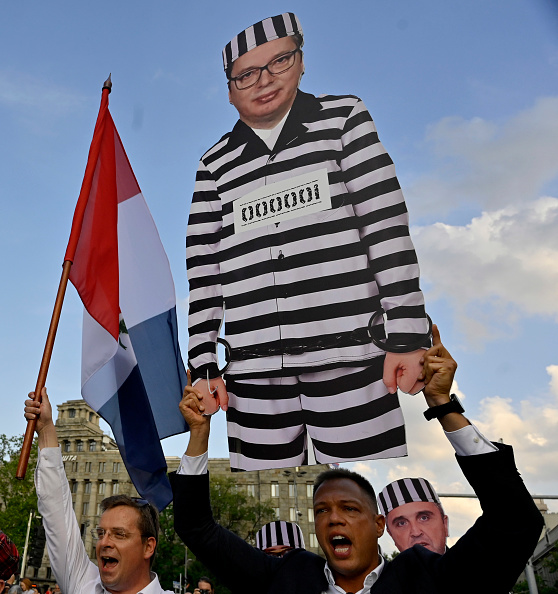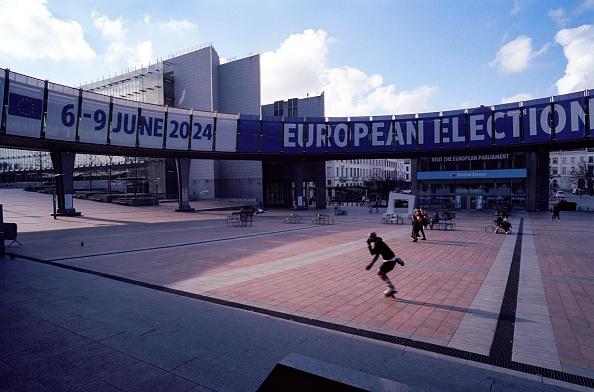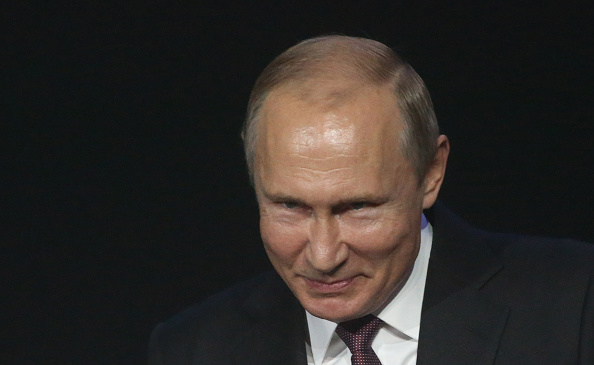Croatia’s centre-right Prime Minister Andrej Plenković has dissolved parliament, initiating a snap general election.
Plenković’s move on March 14 came with his poll numbers having been blunted by mass anti-Government protests in February instigated by the Left.
He may still come out the victor, but a weaker election performance could drive the pro-Europe leader into coalition with hard-line Eurosceptics: the nationalist, right-wing Homeland Movement.
In the last elections in 2020, Plenković won 66 seats and 37 per cent of the vote, enabling him to cobble together a government without help from the newly formed Homeland. The right-wing party, then led by folk singer Miroslav Škoro, gained 16 seats and 11 per cent in its first electoral outing.
On March 10, Plenković’s Croatian Democratic Union party (HDZ) polled a meagre 26.5 per cent, down more than 10 per cent from the previous national vote.
The HDZ leader may now need to swing Right – and sing from Homeland’s hymn sheet.
Andrius Tursa, a political-risk consultant with New York-based advisory firm Teneo, told Brussels Signal: “At this point, opinion polls show that Plenkovic’s HDZ would win the elections but gain fewer mandates in Parliament, which could make government formation more challenging.”
Although having no MEPs at present, Homeland aims to join the European Parliament’s Identity and Democracy Group (ID). The Croatian party hosted a meeting with the Eurosceptic ID in Zagreb in October 2023.
Homeland’s new head Ivan Penava said after the event: “We are for the European Union but, as a community of sovereign States, not as a single-State community like we had in Yugoslavia.
“It’s not Belgrade anymore, it’s Brussels.”
Homeland has seen some original members depart, including its folk-singing founder Škoro, who resigned along with his sister Vesna Vučemilović in July 2021 in a dispute over party finances.
Instead of folk-song crooners, the party now has public-relations consultants and is going through a process of professionalisation, according to Croatian political analyst Zarko Puhovski.
Plenković, whose party’s four MEPs belong to the European People’s Party, has campaigned and governed on an agenda aimed at pushing Croatia into the EU’s innermost circles.
In January 2023, he won two key prizes as Croatia joined both the euro and the Schengen Area. Homeland, for its part, had opposed joining the single currency.
It came as a slap in the face, therefore, when EU prosecutors recently started probing whether Plenković’s government misused EU reconstruction money after Croatia’s 2020 earthquake.
European chief prosecutor Laura Kovesi told Croatia’s N1 television station on March 10 that the government was creating “a smokescreen” over queries that included whether the Croatian Restoration Institute was paid twice for creating 3D scans of damaged buildings.
Plenković plans to announce a pre-election spending spree imminently, including a right to housing at State expense for last year’s earthquake victims, according to Oxford Analytica.
In late November, the European Commission warned Plenković that his then-government’s draft budget “risks being not in line with what was recommended by the [European] Council” in limiting spending increases to 5.1 per cent.
Metodi Tzanov, chief economist of Emerging Market Watch, said at the time: “Overall, we think that the budget plan is strongly a pre-election one, a view shared by the opposition parties as well.
“Spending is projected to increase quite sharply, which coupled with planned only moderate revenue growth, results in the fiscal gap increasing.”
Penava, who would rather be Plenković’s next coalition partner, targeted the prime minister’s previous governing pact with the Independent Democratic Serb Party, the main political party representing Croatia’s Serbian minority.
Croatia sets aside eight seats for national minorities, including Serbs. Their votes – and support from two small centre-right parties with two MPs each – allowed Plenković to reach the 76 seats he needed for a majority in his now just-dissolved government.
According to current polling, though, after the Croatia elections, that will not be enough to enable Plenković to do the same again.





